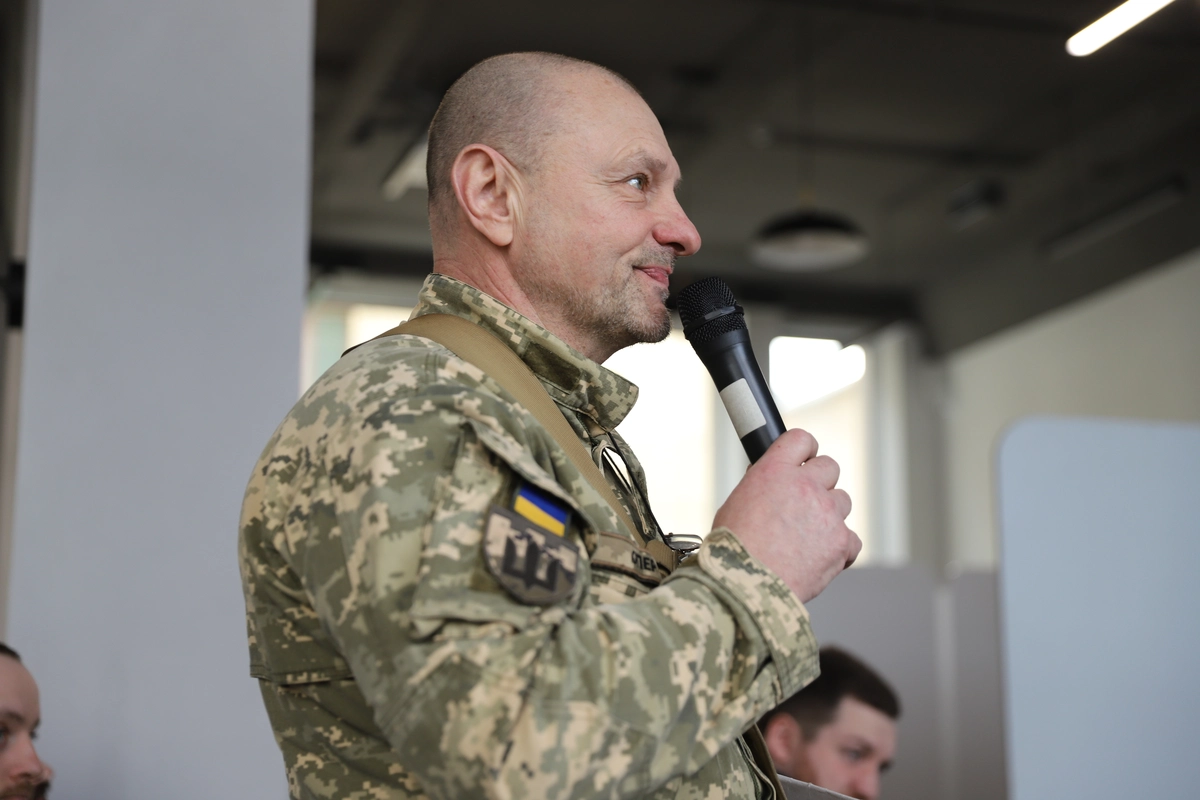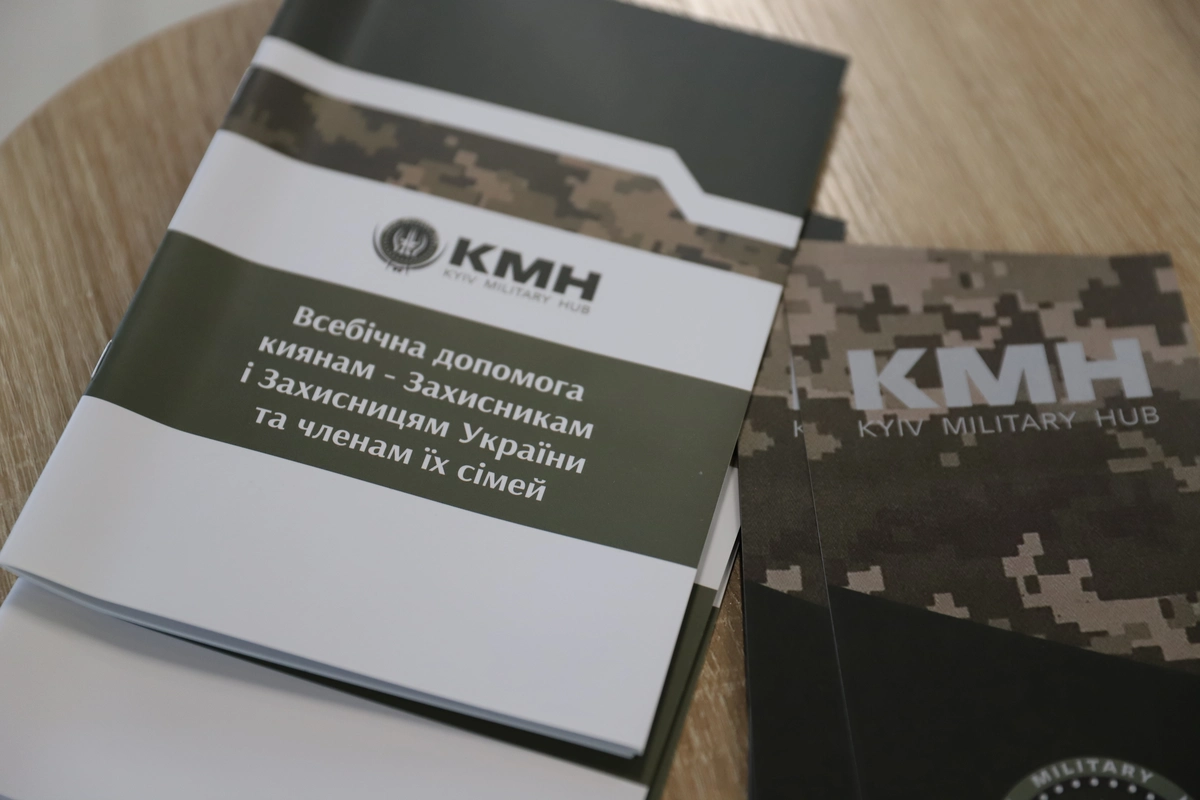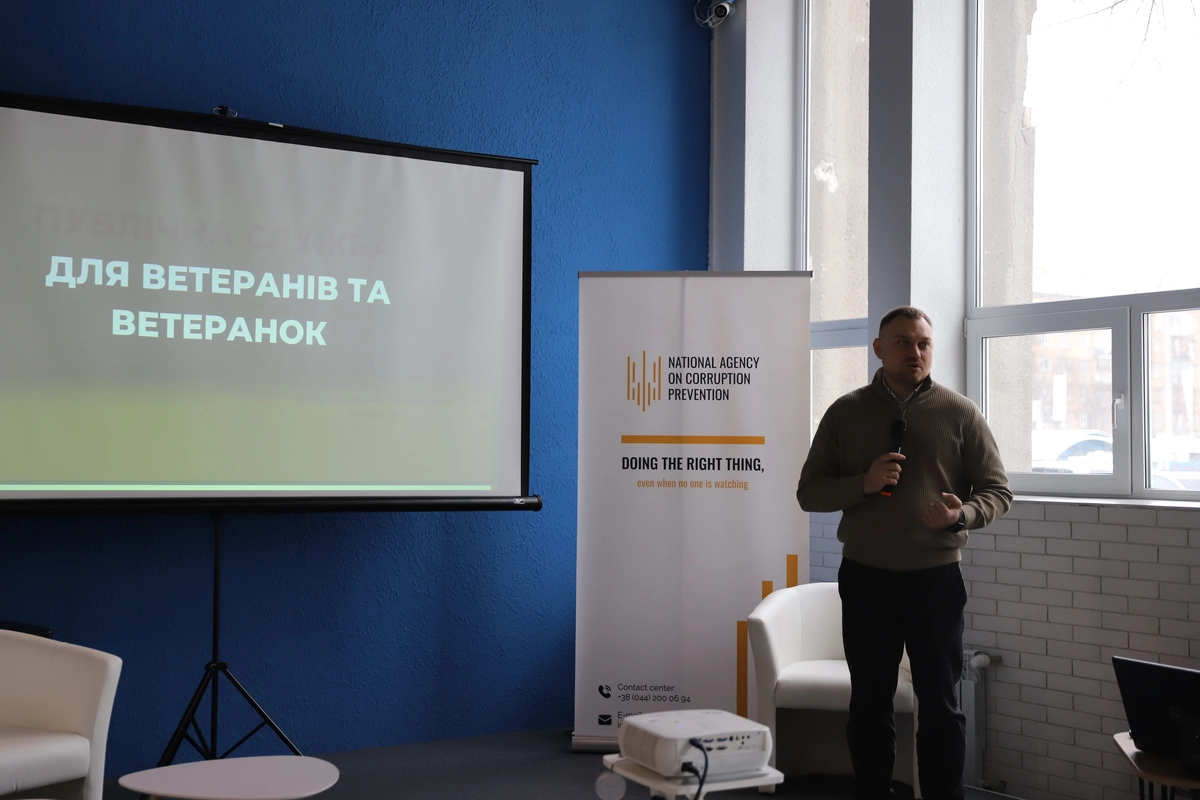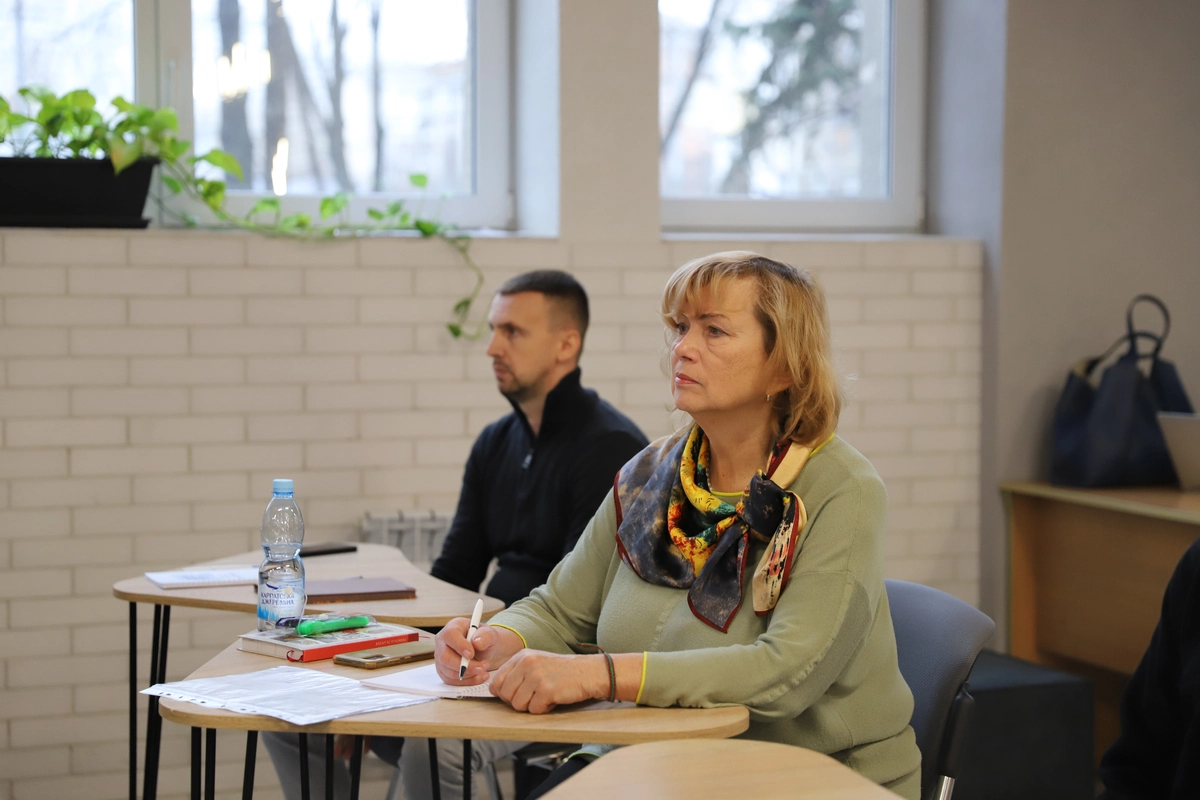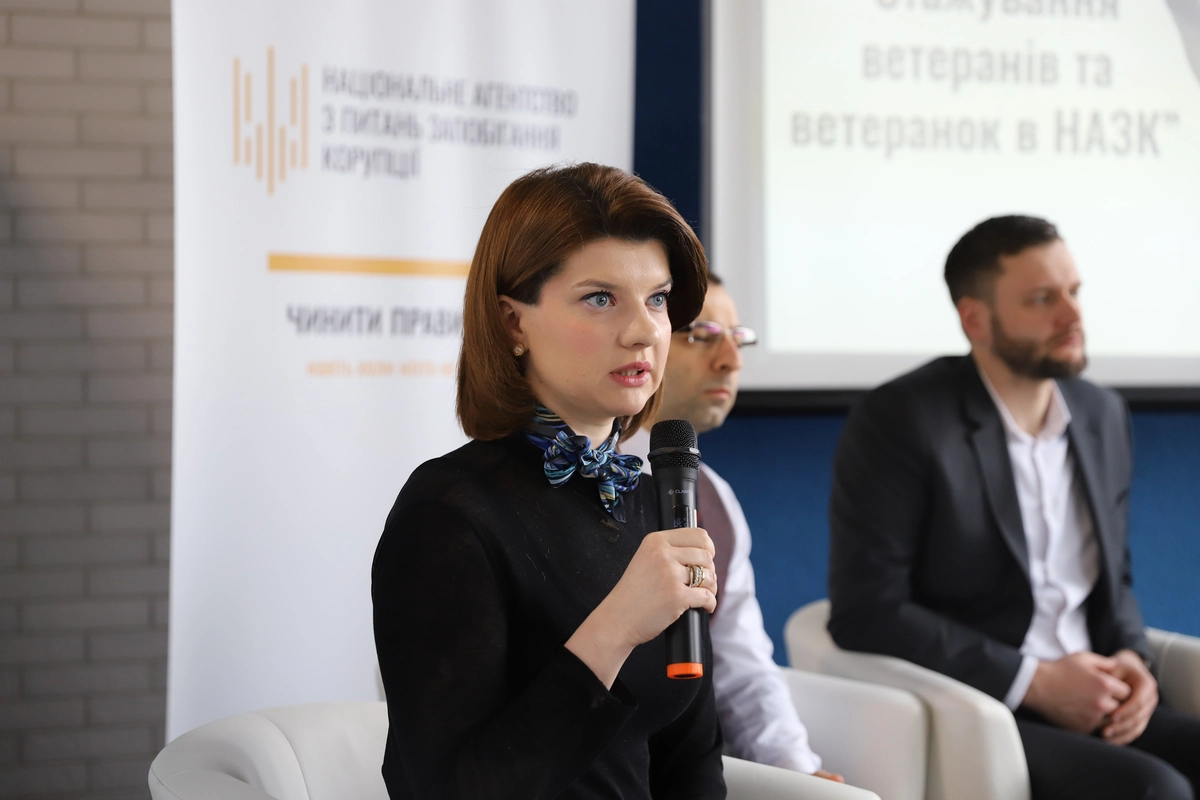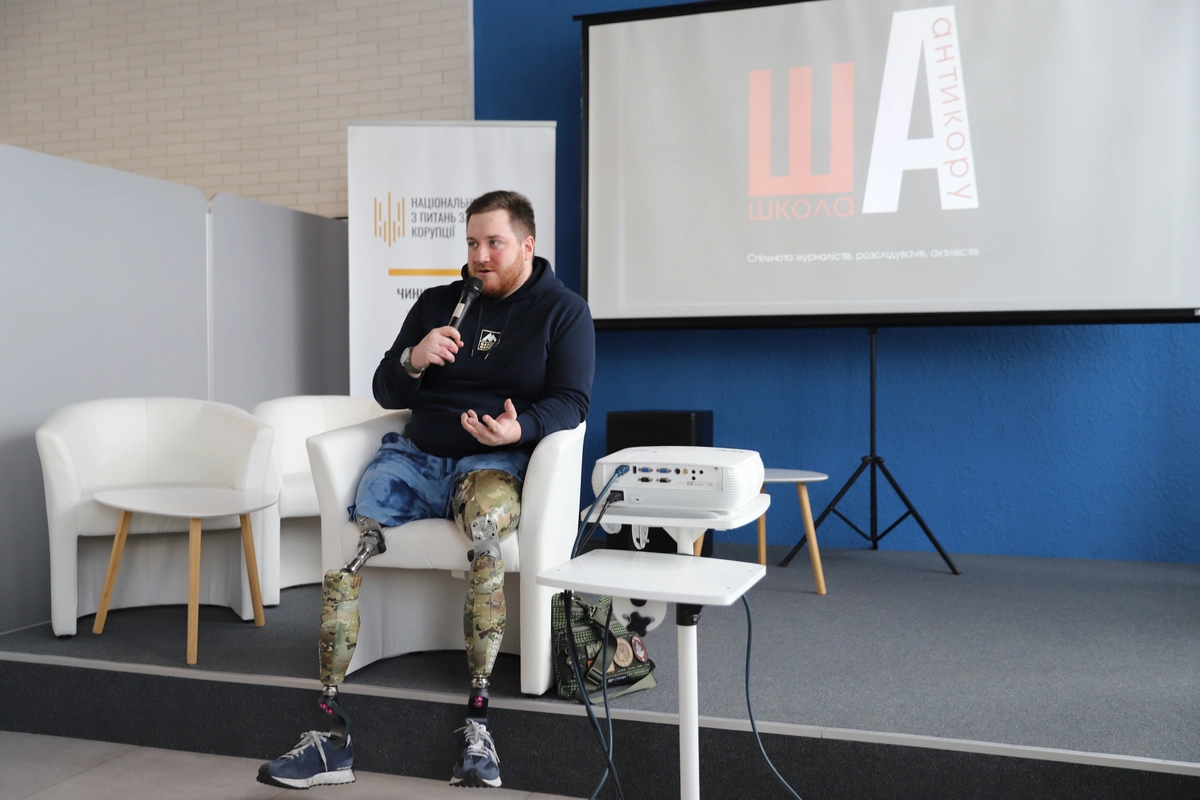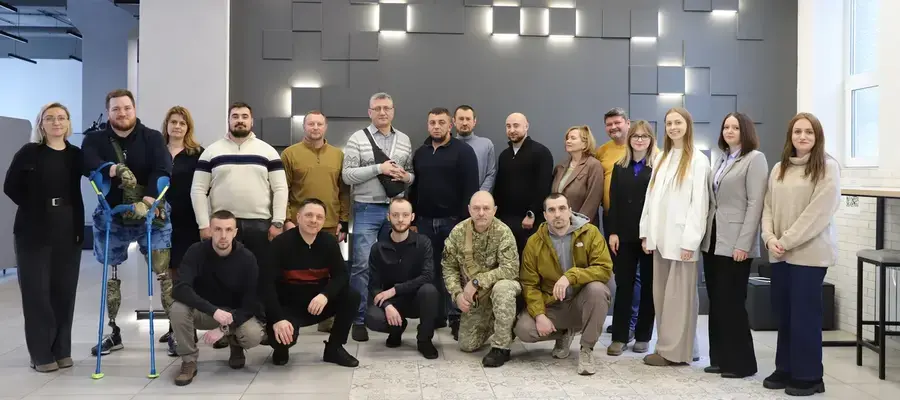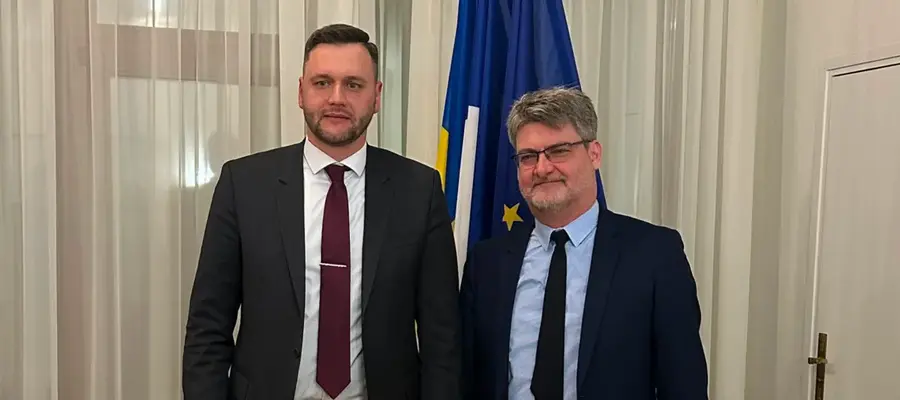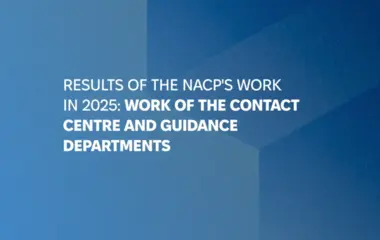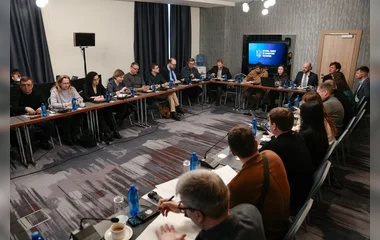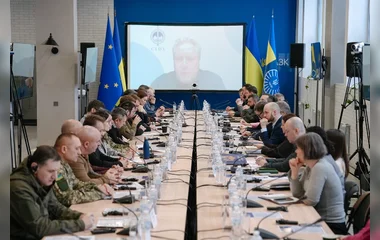The National Agency on Corruption Prevention (NACP) has summarized the results of a pilot internship project for female and male veterans launched in November.
The initiative is aimed at engaging veterans in anti-corruption activities and adapting the NACP's corporate culture to integrate former military personnel. NACP also plans to change its employment policy based on the project results and develop recommendations that could be useful for other government agencies seeking to engage veterans.
To participate in the project, 45 candidates submitted their resumes. Based on the results of the interviews, 16 veterans started the first stage of the internship, which combined lectures and practice, networking, and meetings with specialized professionals and a psychologist. Experts introduced the project participants to the main functions of NACP, topical issues of implementing the state anti-corruption policy, in particular in the security and defense sector, various aspects of the development of the whistleblowing institution, etc. After testing their knowledge of the theoretical framework, nine veterans were selected for the second stage of the project. At this stage, after an interview with the head of the unit, they had the opportunity to undergo an internship that lasted from two to four weeks. During this time, former military personnel received support and guidance from mentors and a psychologist.
The event dedicated to the completion of the veterans' project was attended by its organizers, veterans, representatives of the NACP, NABU, the Ministry of Veterans Affairs, partner organizations, and members of the public.
"This project is more than just training, internships, and employment. The experience we have gained together can be scaled up to other anti-corruption agencies and create a culture of understanding the value of veterans for all government agencies and institutions. According to the Ministry of Veterans Affairs, there are 1.2 million registered veterans in Ukraine. After the end of the war, veteran policy in Ukraine will cover about 6 million people, including family members. Ukraine will have a unique experience of employment and adaptation of veterans globally,” said Viktor Pavlushchyk, Head of the National Agency.

He thanked the military, mentors and heads of NACP departments who took an active part in the project, and said that four of its participants would become part of the NACP team, as they fully meet all professional requirements and profess the values of the anti-corruption fight. The new employees will strengthen the NACP team in the departments of lifestyle monitoring, anti-corruption policy development, and digital transformation. NACP, the anti-corruption infrastructure, and the state as a whole need you. Our research has been showing for years that corruption is the second enemy after the war, and you have all the qualities to overcome it. You have already proved your loyalty to the state by joining the army, and you can continue your service by applying your experience and skills in the rear,” the NACP head emphasized.
Together with their new colleagues, 17 veterans of the Russian-Ukrainian war now work at the NACP.
Some of the initiative's participants have become partners and allies of the National Agency in other anti-corruption agencies or projects. One of them, a former serviceman of the 30th Separate Mechanized Brigade of the Armed Forces of Ukraine, shared his impressions of participating in the internship program: “Such projects not only have the right to exist, but they are extremely necessary. And not only to employ veterans, but also to rethink the work of anti-corruption agencies through the prism of war. Try explaining to a soldier in a trench why he has no shells or why the mines are of poor quality. Look at the problem of corruption through the eyes of this soldier and you will understand how important it is to fight corruption and how important it is to do it tough. No plans and strategies will make sense if our country does not exist.”
Farhad Farhadov, Deputy Minister of the Ministry of Veterans, spoke about state veteran policy, in particular, the Strategy of State Veteran Policy until 2030 and the Strategy for Returning from Military Service to Civilian Life until 2032, approved by the Government. The Ministry is developing opportunities for training and retraining of veterans, including at the expense of the state budget.
The deputy minister noted that a vacancy map has been developed on the e-veteran portal for those who wish to join the civil service.
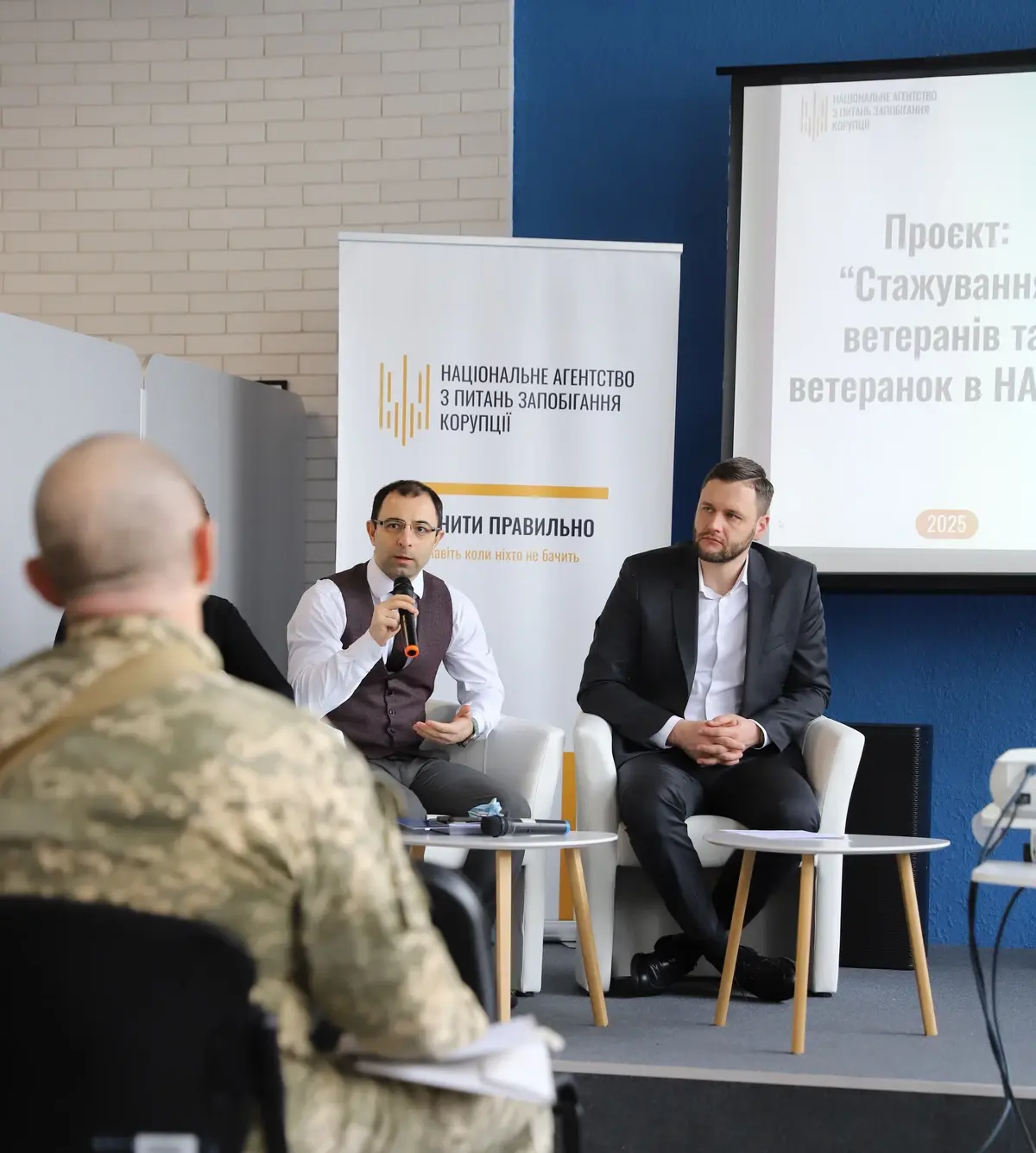
The event was also attended by representatives of the National Agency of Ukraine on Civil Service, Ukroboronprom, the NGO Foundation for Social and Environmental Innovation, the UNIC All-Ukrainian Network of Integrity and Compliance, Veteran Hub, Kyiv Military Hub, the Anticorruption School project and "After Service" Foundation. They spoke about opportunities for training, rehabilitation, employment, and retraining for veterans of the Russian-Ukrainian war who want to successfully integrate into civilian life.

